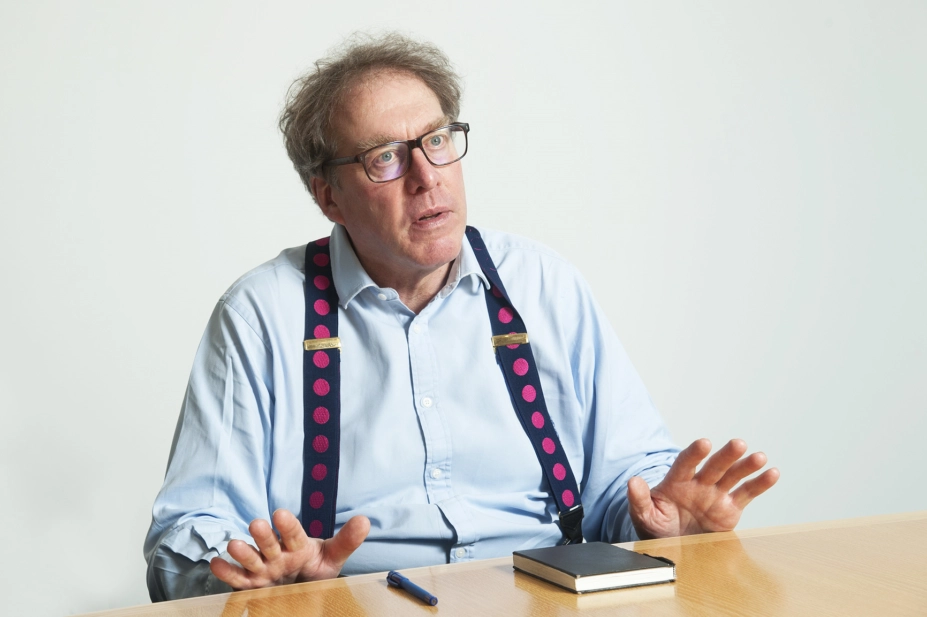
Charlie Milligan
Exclusive: The chair of the General Pharmaceutical Council (GPhC) has said he is “concerned” that planned cuts to preregistration training could make it more difficult to ensure that pharmacists can meet the changing demands of the NHS.
Nigel Clarke told The Pharmaceutical Journal that the GPhC was looking at the implications of the planned reduction in funding for NHS preregistration posts, and that the cuts could affect the goverment’s plans to expand the role of pharmacy as outlined in the ‘NHS Long-Term Plan‘, published on 7 January 2019.
The Pharmaceutical Journal
revealed in January 2019 that Health Education England (HEE) was planning to cut salary support funding for preregistration training for many NHS trusts by a quarter — from 100% to 75% — from September 2020. The cuts have been described as “disappointing” and “incoherent”, with one chief pharmacist saying that it could cost them over £70,000 per year.
The GPhC launched a consultation in January 2019 on proposals to integrate the MPharm and preregistration years of training, including a stronger focus on clinical and communication skills in pharmacy training. But Clarke said the cuts could mean “providing less”.
“I would be concerned at anything that will make it more difficult to deliver the best outcome,” he said.
“I haven’t spoken to HEE since [it] took the decision, so it would be rather pre-emptive of me to have a view, but if you take money out of the system anywhere then either you provide less, you find it from somewhere else, or you’ve got to do it cheaper. We need to think through the implications of all that.
“We are not the provider of services, but if we’re setting out standards which imply a degree of provision of education, to which a price tag is attached, then we have to be mindful that if there’s fewer people available to pay, then we end up with the ‘best being the enemy of the good’,” Clarke added.
“If the UK government has a direction it wants the profession to go [in] then we all need to recognise that someone’s going to have to pay for it. If you look at the overall basket of cost in healthcare, pharmacy has a significant role to be played in improving medicine use in the UK, but that means very good education.”
The comments come as HEE defended the cuts in a letter to The Pharmaceutical Journal
, published on 30 January 2019. The letter said that no changes will be made until 2020/2021 to allow sufficient time to work with employers to implement the changes.
The letter, from Calum Pallister, HEE director of finance, added: “This is not an exercise in cutting costs and funds will be retained for training. HEE is committed to working with all stakeholders to look at how the funds can be invested to help address NHS staffing priorities set out in the ‘NHS Long-Term Plan’; HEE will be inviting stakeholders to take part in the discussion through a series of events in early summer 2019.
“With a finite allocation from the Treasury and a significant workforce challenge across the NHS and care sector, we have a duty to the patient and taxpayer to reform historical patterns of funding. HEE will take a multiprofessional, whole-system and evidence-based approach to future funding decisions.”


